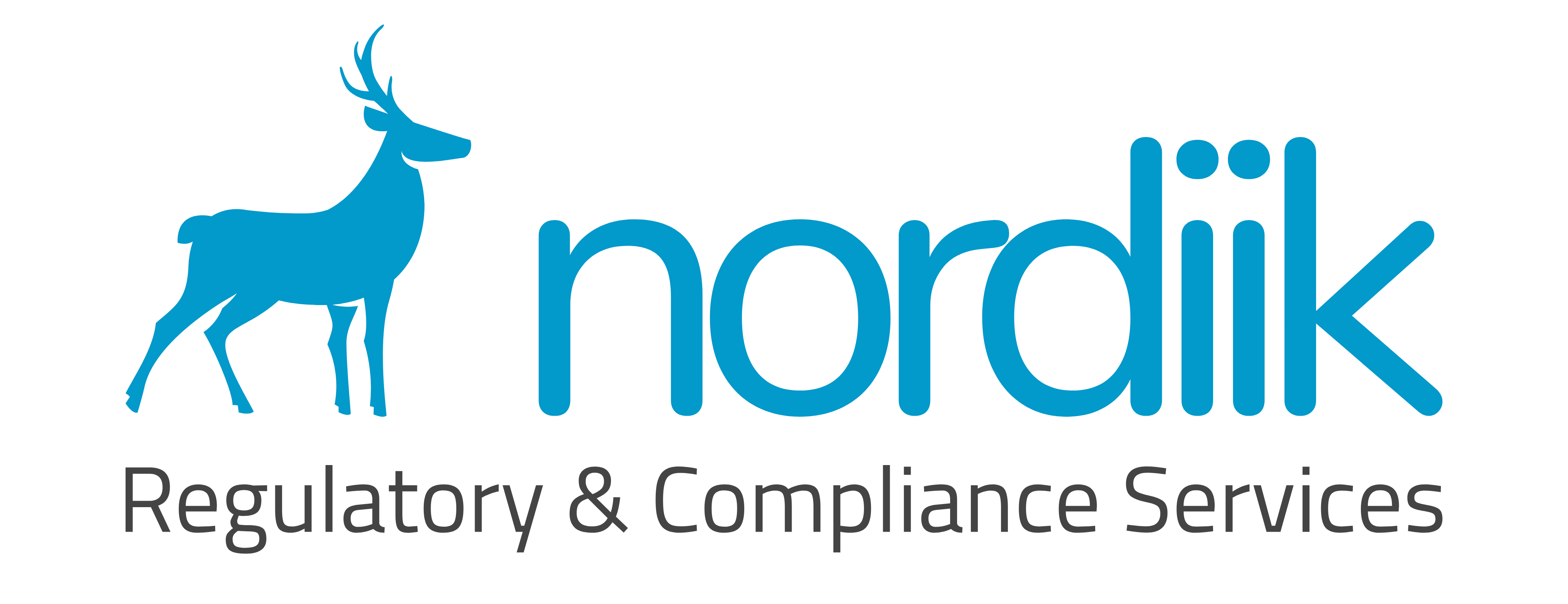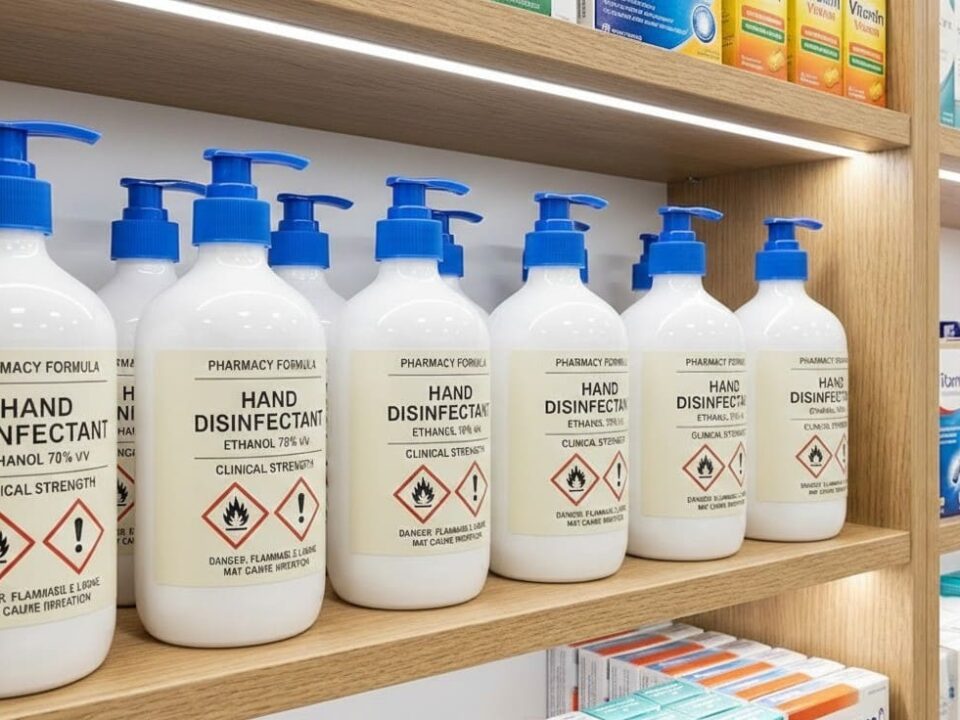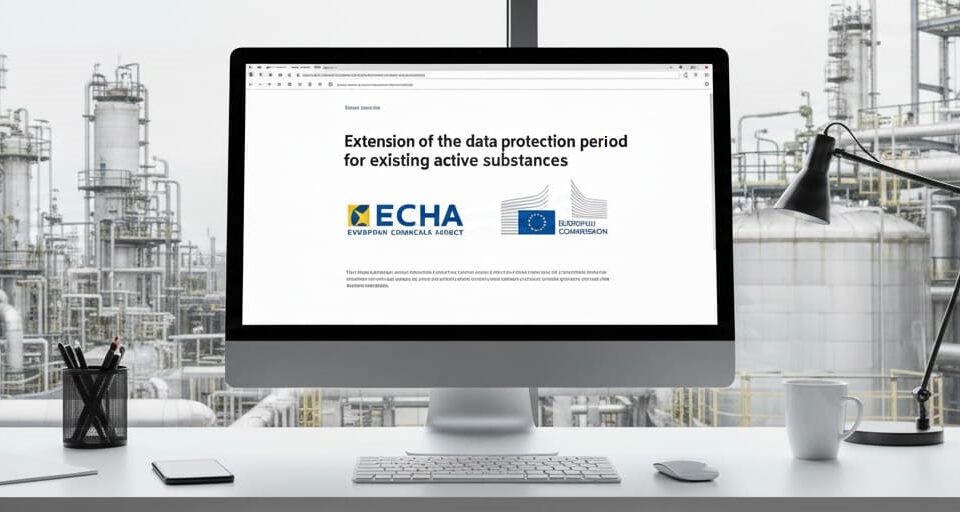Only 7 months remain until the approval of prallethrin as an active biocidal substance for PT18 under the BPR
Prallethrin approval. Prallethrin is a fast-acting, broad-spectrum synthetic pyrethroid insecticide commonly used in household insecticide formulations. After years of evaluation of its properties, prallethrin is now on the verge of being officially approved as a biocidal active substance in the European Union under Regulation (EU) No. 528/2012 (BPR) for Product Type 18. PT18 covers insecticides, acaricides, and products for the control of other arthropods. March 1, 2026, is the deadline for its approval, which means there are just seven months left before this important regulatory change comes into effect.
How is prallethrin used in biocides?
Following the positive opinion of the Biocidal Products Committee, the European Commission published Implementing Regulation (EU) 2024/2576, which sets out the conditions and requirements for the use of prallethrin in biocidal products. This substance will be authorized only for indoor applications and intended for non-professional users. Typical formulations include liquids and sprays for controlling pests such as mosquitoes, cockroaches, bedbugs, ants, and fleas.
What must companies marketing prallethrin-based insecticides do?
The approval of prallethrin requires companies to submit authorization applications for products containing it. This application must include a rigorous risk assessment for human health and the environment, as well as an evaluation of efficacy and physicochemical properties.
However, prallethrin has been identified as a candidate for substitution due to its persistence and toxicity. Applicants must therefore carry out comparative assessments and pay special attention to children’s exposure. They must also study the potential contamination of water and soil in the case of domestic applications.
It is important to note that approval does not automatically authorize all products containing prallethrin. Each formulation must be individually evaluated and approved by the competent authorities of the Member States where the product is to be marketed. Companies must ensure regulatory compliance by March 1, 2026, meeting both BPR requirements and any transitional legislation applicable in each EU Member State. Compliance with transitional legislation is essential to ensure product continuity during the transitional period.
What is the transitional period?
In this context, the transitional period is the time between the date of active substance approval and the granting of product authorization. Given the workload of many competent authorities, this period can extend for more than five years. Therefore, designing a sound commercial and legal strategy will allow companies to continue their business activities while awaiting the outcome of their application.
Need help preparing the authorization application for your prallethrin-based insecticides? Nordiik can assist you—contact us!
More info: EC









